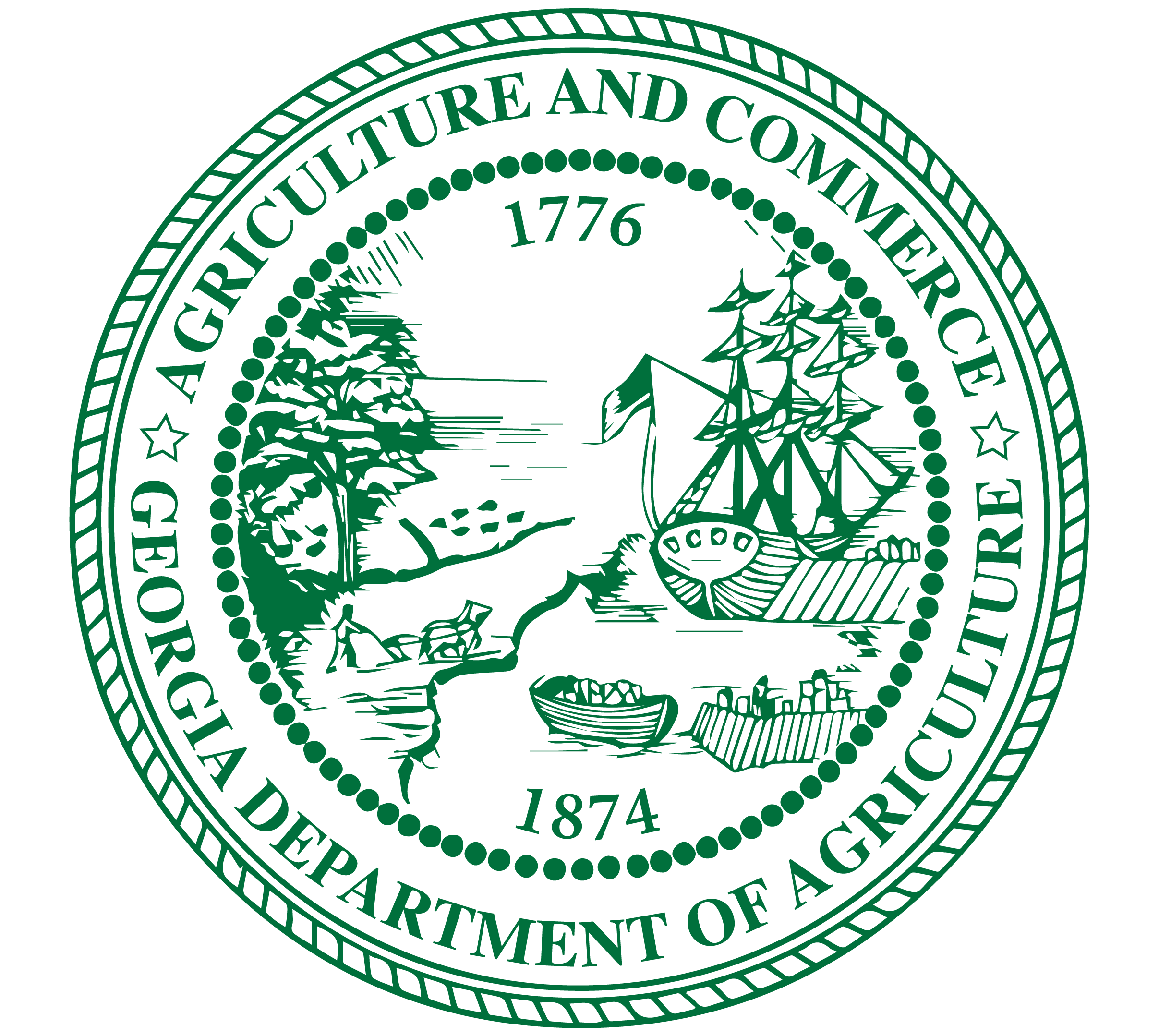Food Safety Guidance for Auctions & Consumers
The GDA does not issue temporary licenses. You can sell food at temporary events, such as auctions and flea markets, provided that event organizers follow these guidelines to comply with food safety regulations and safeguard public health.
Sellers must fulfill all the basic requirements below.
1. All food products offered for sale must be from approved sources.
-
If your business is a Georgia-based dealer, broker, salvage operator or seller at auction that holds food for more than 24 hours, you need a GDA Food Sales License. See our Retail Food Program page for more information. Selling your products at at auction is an extension of your food sales license.
-
Sellers from out of state need to have a food sales license or permit from their home state and provide a copy upon request.
-
Home kitchens or restaurants that prepare and provide food must have a GDA food sales license.
-
To check whether a seller has a food sales license in Georgia, visit our License Search page or contact us using the information below.
2. Food products must remain safe and wholesome until they’re sold.
-
They must be produced, prepared, packed, and held under sanitary conditions.
-
No food may be offered for sale if at any time it has been in conditions where it may have become contaminated with filth or have been rendered diseased, unwholesome, or injurious to health
-
No food recalled by the manufacturer or distributor may be offered for sale. Sellers are responsible for checking recall status on all foods they are selling.
3. Food products must be packaged safely.
-
Canned food
-
Seams must not be dented or rusty
-
Cans must not be puffy or swollen. The ends of the cans must not be curved or rounded outward.
-
Boxed food
-
If the boxes have interior liners that make contact with food, these liners must be intact and undamaged..
-
Food cannot be sold if it has damaged outer packaging that exposes its contents to the environment. (Examples: flour, corn meal, sugar.)
-
Safety seals and other anti-tampering devices must be intact.
-
Expiration dates, lot or production codes, and any other identifying product information must be clearly visible and unaltered.
4. Food labeled "Keep Refrigerated" or "Keep Frozen" must be held at the required temperature until purchased.
-
Refrigerated foods must be held at 40°F or less.
-
Frozen foods must be kept frozen at all times (held at temperatures capable of maintaining the food in a frozen condition).
5. All food products must include the following labeling information required by FDA
See our Food Labeling page for details.
-
Statement of Identity: The common or usual name of the product, in English.
-
Ingredients Statement: All ingredients, broken down into their constituent parts. All colors and preservatives, must be identified.
-
Declaration of Quantity: In both standard (imperial) and metric units, listing the correct units of measure.
-
Declaration of Responsibility: The physical address of the manufacturer or co-packer.
-
Nutrition Facts Panel: Mandatory nutrients (total calories, total fat, saturated fat, trans fat, cholesterol, sodium, total carbohydrate, dietary fiber, total sugars, added sugars, protein, vitamin D, calcium, iron, potassium).
-
Allergen Declaration: Any of the 8 major food allergens must be clearly identified on the label if the product contains them. Details about allergen labelling can be found at the FDA's industry guidance page.
-
Handling Statement: “Keep Frozen” or “Keep Refrigerated”, if applicable.
-
Production Code: Manufacturing codes must be displayed for traceability.
6. Food must not be sold after its expiration date
Some food products are required to have an expiration date shown on the label. Foods that have passed their expiration date can’t be sold. The products include:
-
Infant formula
-
Eggs
-
Pre-packaged sandwiches
-
Shucked oysters
-
Milk
-
Food that requires time/temperature control for safety
-
Any food labeled "Keep Refrigerated" or "Keep Frozen"
All other foods are considered shelf-stable food products. They’re voluntarily dated and should be evaluated based on quality characteristics. They may be sold after their expiration dates only if their packaging is intact and they appear wholesome and fit for human consumption. Examples of shelf-stable foods include soft drinks, crackers, cookies, cereals, potato chips, or canned soup.
Dates on shelf-stable food packages may be preceded by “Best By”, "Sell By", "Use By", or another qualifier. Any other dates on the packaging are assumed to be expiration dates and should be treated as such.
**Note: The Georgia Department of Agriculture does NOT regulate drugs, cosmetics or dietary supplements. These products are subject to FDA regulation. **


